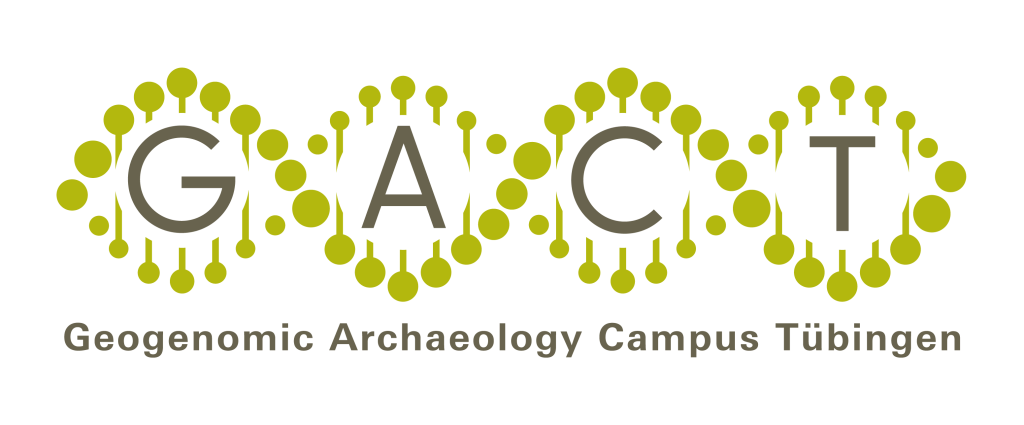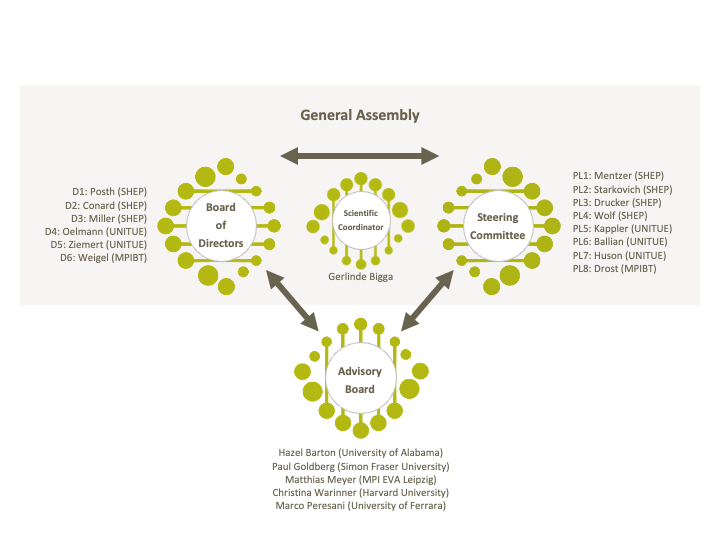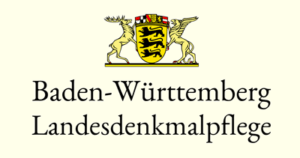
Diachronic impacts of humans on ecosystems using caves as models
While largely viewed as a consequence of modern, large-scale industrial societies, human impact on ecosystems and biodiversity has a deeper and more complex history. Archaeological and paleoecological studies have shown that even ancient hunter-gatherer groups played a substantial role in the global distribution of species and in the shaping and management of their environments. Genetic data obtained from permafrost, lake sediments and other geological repositories has increasingly contributed to the monitoring of past aquatic and terrestrial biodiversity.
Structure of the Campus
The Leibniz ScienceCampus „Geogenomic Archaeology Campus Tübingen (GACT)“ was established in 2023 as interdisciplinary Leibniz Science Campus in Tübingen, uniting the Senckenberg Centre for Human Evolution and Palaeoenvironment, the University of Tübingen and the Max Planck Institute for Biology Tübingen.
GACT is a unique research structure connecting experts in archaeology, genetics, geoscience, ecology and microbiology. GACT-researchers examine the evolutionary relationships between humans and ecosystem biodiversity through an innovative and multi-disciplinary analysis of sedimentary archives containing ancient DNA. They focus their investigation on caves and their sediments, since caves house unique and discrete ecosystems that can be significantly impacted by outside agents. Caves can preserve tens of thousands of years of genetic data, providing a perfect setting to investigate human-ecosystem interactions over the long term. GACT establishes new molecular, computational, biochemical and geoarcheological methods to answer key questions about the impact of human activity on past biodiversity in a transformative way.
The Structure of GACT is arranged around a Board of six Directors responsible for the Campus’ management and a Steering Committee of eight
Principal Investigators, one for each of the core disciplines. Their activities are brought together by a Scientific Coordinator. Finally, a Scientific Advisory Board of external members will advise on the progress and further development of the Campus. GACT focuses on early career researchers in leadership positions to spark and conduct innovative research.
Organigram (2025-2027)

Steering Committee 2023-2025: Mentzer (SHEP), Starkovich (SHEP), Drucker (SHEP), Huson (UniTue), Kappler (UniTue), Brown (UniTue), Novello (UniTue), Drost (MPI)
Cooperating institutions



GACT is supported by


Our Partners

